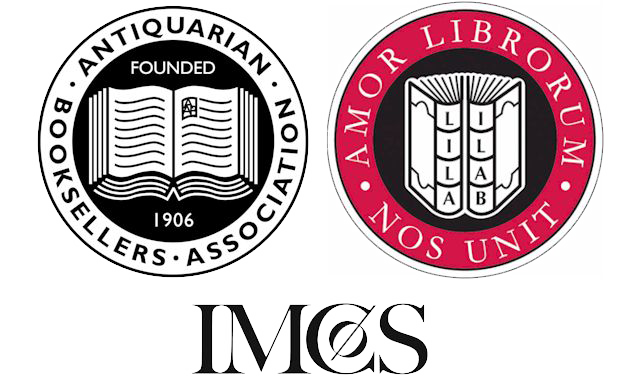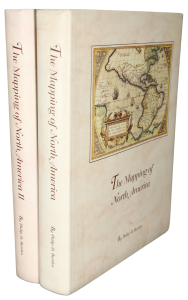Rare Maps and Prints
- World & Celestial
- North America
- West Indies, South & Central America
- British Isles
- British Isles
- English counties
- Large-scale
- Bedfordshire
- Berkshire
- Buckinghamshire
- Cambridgeshire
- Cheshire
- Cornwall
- Cumberland
- Derbyshire
- Devon
- Dorset
- Durham
- Essex
- Gloucestershire
- Hampshire
- Herefordshire
- Hertfordshire
- Huntingdonshire
- Islands
- Kent
- Lancashire
- Leicestershire
- Lincolnshire
- Middlesex
- Norfolk
- Northamptonshire
- Northumberland
- Nottinghamshire
- Oxfordshire
- Rutland
- Shropshire
- Somerset
- Staffordshire
- Suffolk
- Surrey
- Sussex
- Warwickshire
- Westmoreland
- Wiltshire
- Worcestershire
- Yorkshire
- Wales
- Scotland
- Ireland
- Western Europe
- Eastern Europe
- Middle East
- Africa
- Asia
- Australasia & Pacific
- Decorative Prints
- Title Pages
Mr. Philip D. Burden
P.O. Box 863,
Chalfont St. Giles, Bucks HP6 9HD,
UNITED KINGDOM
Tel: +44 (0) 1494 76 33 13
Email: enquiries@caburden.com
James Lackington (1746-1815) came from Somerset and was born to a drunken father. He left home at ten and worked initially as a meat pie seller. He was apprenticed to a shoemaker in Taunton and on the side bought and sold books. He was freed in 1767 and moved to Bristol where he continued in both trades. Although at this time he was still unable to read and write he composed several songs and ballads. He moved to London and with a legacy of £10 from his recently deceased grandfather he opened his first bookshop in 1774 at 46 Chiswell Street, Moorfields, London. In 1793 he brought in Robert Allen as a partner (ODNB states Robin Allen) and renamed it Lackington, Allen & Co. In 1794 the company moved to larger premises at the ‘Temple of the Muses’, Finsbury Square. The ‘Repository of Arts’ claimed in 1809 that a million books were on display. We do know from his accounts that he sold over 100,000 books a year. James Lackington retired in 1798 and was replaced by George Lackington (1768-1844), his third cousin. George is reported to have started in the business aged 13. It is believed his father bought him a share of the business.
Exactly when Lackington, Allen & Co. acquired the rights to the New Pocket Atlas is not known. Judging by the scarcity of the first edition we might conclude it was not a financial success and when offered the opportunity to sell out, Luffman took it. Interestingly the title page remains unaltered, apart from the imprint, although that on the maps themselves remained the same. The title affixed to the upper board records the price for the atlas ‘Price 7/6 Plain, or 10/6, in Colors’. The firm finally closed when George Lackington retired in 1826. Provenance: with original bookseller’s label pasted inside upper board of ‘A & I Black and H Parry, 7 Leadenhall Str.’; ownership inscription of John Hancovu? on title page; private English collection. Batten & Bennett (2008) 66; British Book Trade Index; Carroll (1996) 59; Chubb (1927) 309; Worms & Baynton-Williams (2011).








